
In Pursuit Of The Perfect Smile: A Deeper Dive Into Dental Veneers
We recommend helpful products in our articles. Read our full disclosure here. The content on this website is not intended to be a substitute for professional advice, diagnosis, or treatment.
Among the facial features, a radiant smile often garners significant attention.
Fortunately, there are various dental treatments you can consider to achieve a perfect smile.
One of the go-to solutions is dental veneers, a hallmark of cosmetic dentistry.
If you’re unfamiliar with dental veneer treatments, this article offers an in-depth understanding.
What Are Dental Veneers?
Dental veneers refer to ultra-thin coatings, crafted from a material that mimics the natural hue of teeth.
Their primary purpose is to enhance the appearance of the tooth’s front surface.
There are mainly two types, which include:
- Porcelain. Known for its durability and close resemblance to natural teeth.
- Composite Resin. Generally more affordable and can be applied in a single visit, but it might not last as long as porcelain.
It’s essential to note that veneers differ from dental implants, crowns, and other procedures.
Implants replace missing teeth, and crowns cover the entire tooth, while veneers primarily focus on cosmetic enhancement.
The Benefits Of Dental Veneers
Dental veneers offer more than cosmetic allure.
Like any dental work, they come with a host of benefits that can dramatically improve your smile’s aesthetics and function.
Some of these advantages include the following.
Natural Appearance
One of the standout features of veneers, especially those made of porcelain, is their uncanny ability to replicate the appearance of natural teeth.
Porcelain’s translucent nature allows it to emulate the light-reflecting properties of genuine tooth enamel, creating a seamless integration with your existing teeth.
Stain Resistance
If you’re a lover of beverages like coffee, tea, red wine, or other foods that typically discolor teeth, veneers might be your best friend.
The non-porous nature of the materials used in veneers, particularly porcelain, means they are highly resistant to staining.
This quality allows you to enjoy your favorite foods and drinks without fretting about discoloration, maintaining a perpetually bright smile.
Durability
Despite their thin appearance, dental veneers are surprisingly durable.
Do you know how long veneers last?
With proper care, they can last up to 15 years or more.
They’re resilient against everyday wear and tear, providing not just an aesthetic upgrade but also a functional one.
Minimal Maintenance
Unlike other dental enhancements, veneers don’t require a specialized care routine.
Your usual brushing, flossing, and regular dental check-ups are sufficient to keep them in optimal condition.
This simplicity makes them an attractive option for many who seek dental enhancements without the added hassle.
Confidence Boost
Although this might not be a physical attribute, it’s undoubtedly an essential advantage.
With a revamped smile free of imperfections, many individuals find a significant boost in their self-confidence and self-esteem.
A radiant smile can transform not just your face but also how you perceive yourself and interact with the world.
Taking all these benefits into account, it’s clear that dental veneers offer more than just a surface solution.
They present a comprehensive package of aesthetic and functional enhancements, making them a top choice for those aiming to perfect their smile.
Potential Drawbacks To Keep In Mind
Every dental procedure comes with its set of considerations, and veneers are no exception.
While they offer transformative results, it’s imperative to understand the following potential downsides.
Irreversible
Opting for veneers involves the removal of a small layer of your natural tooth enamel to make space for the new covering.
Once this enamel is taken away, it doesn’t grow back.
This means that if you ever decide to remove your veneers, you can’t revert to your original teeth without some form of restoration.
Sensitivity
After getting veneers, some individuals experience heightened sensitivity in their teeth.
Cold beverages or hot foods might cause a sharp sensation.
While this often subsides with time, it’s something to be prepared for in the initial weeks post-procedure.
Potential For Damage
Veneers, though durable, aren’t entirely invincible.
Engaging in habits like biting on hard objects, using teeth as tools, or grinding and clenching can pose risks.
Damage to a veneer might necessitate repairs or replacements, incurring additional costs.
Cost Implications
High-quality veneers come at a price.
They might not be the most budget-friendly option, and not all insurance plans cover the cost.
It’s crucial to factor in the financial commitment before going ahead.
Regular Upkeep
While veneers don’t need specialized care, they do require consistent maintenance.
Just like natural teeth, they can accumulate plaque and tartar.
Regular dental cleanings and check-ups are vital to ensure the longevity of your veneers.
By weighing these potential drawbacks against the advantages, you can make an informed choice about whether veneers are the right fit for your dental aspirations.
Should You Get Dental Veneers?
Deciding whether to get dental veneers is a personal choice that hinges on several factors.
Here are some considerations to help you decide.
Cosmetic Concerns
If you’re displeased with the color, shape, or alignment of your teeth, veneers can provide a drastic transformation.
They’re excellent for addressing stained, chipped, or slightly misaligned teeth.
Current Dental Health
If you have untreated tooth decay, gum disease, or other dental issues, you may need to address these conditions before considering veneers.
Cost
Dental veneers can be a significant investment.
Evaluate if you’re prepared for the financial commitment, keeping in mind that insurance may not always cover cosmetic procedures.
Natural Tooth Alteration
Getting veneers often requires a small amount of enamel to be removed from the surface of your teeth.
This process is irreversible.
Maintenance
While veneers are stain-resistant and durable, they still require proper dental care.
Regular check-ups, good oral hygiene habits, and avoiding using teeth as tools (like opening packages) can extend the lifespan of your veneers.
Expectations
Have a clear discussion with your dentist about what you hope to achieve and ensure that your expectations align with what’s possible.
Alternative Options
Consider other less invasive or more affordable treatments, like teeth whitening, bonding, or orthodontic work, which might also address your dental concerns.
If you’re considering dental veneers, it’s crucial to discuss your options with a dentist or cosmetic dental specialist.
They can provide guidance tailored to your specific situation, ensuring that you make the best decision for your oral health and aesthetic goals.
Conclusion
While dental veneers offer a promising route to the perfect smile, it’s paramount to approach them, or any cosmetic procedure, with informed and well-researched decisions.
A captivating smile is a blend of aesthetics and health; prioritize both to achieve the best results.
"We love to research problems, examine studies, analyze solutions, and share with you ideas that make life healthier. You can learn about us and our editorial standards here. Have suggestions or feedback to share? Send us a message!."

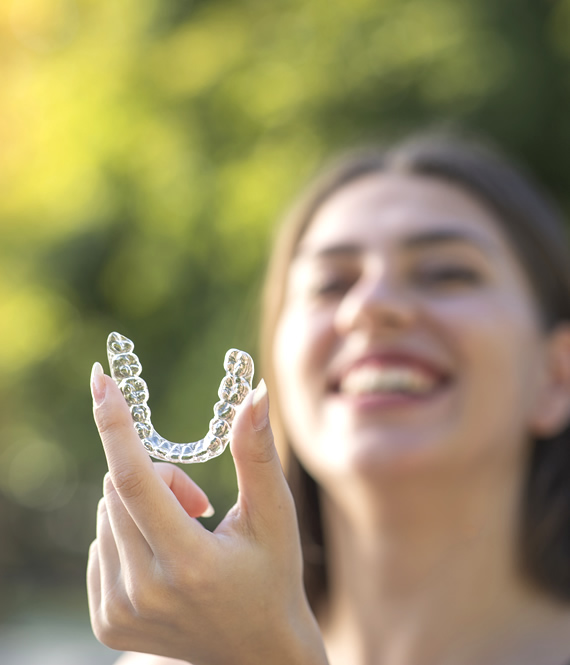

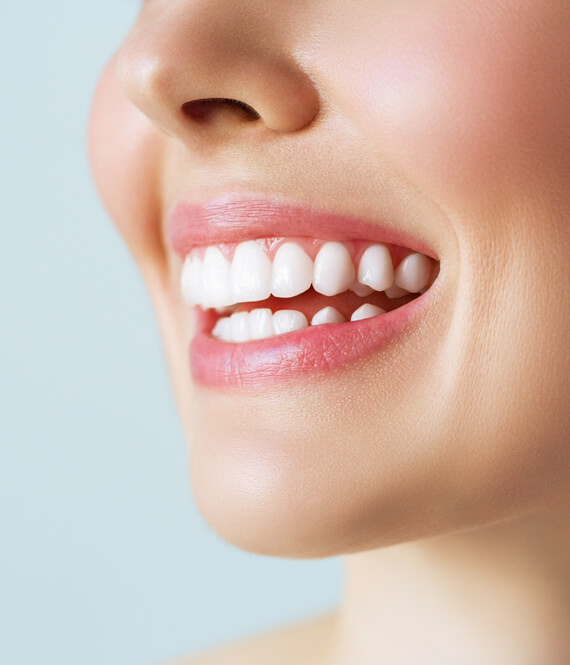
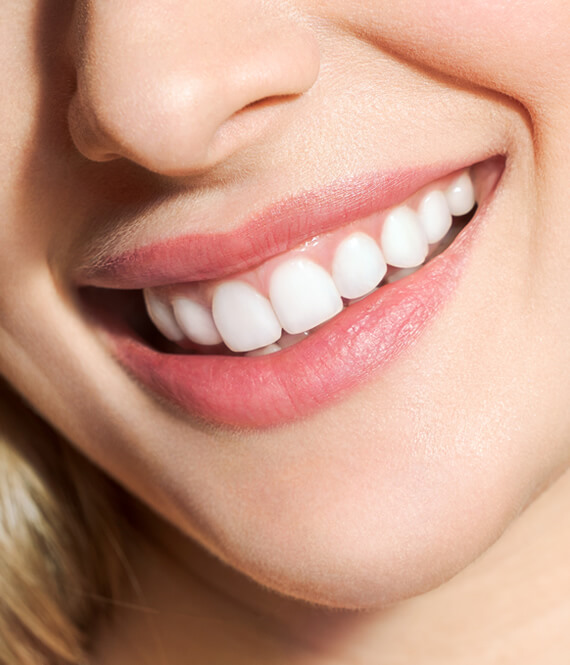
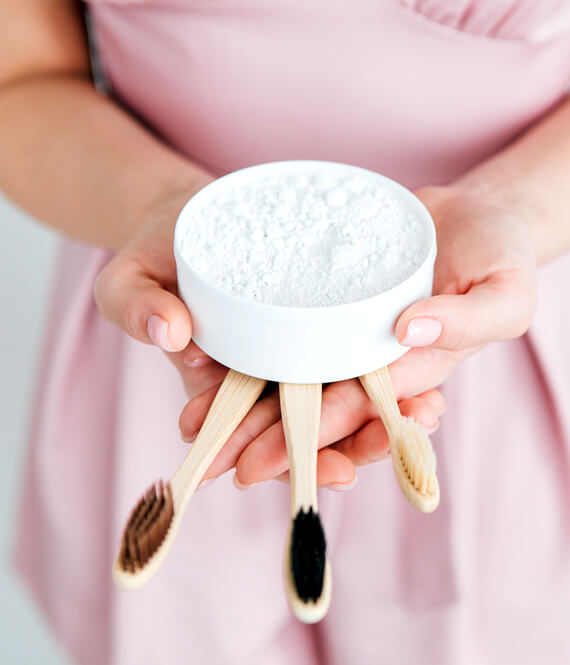
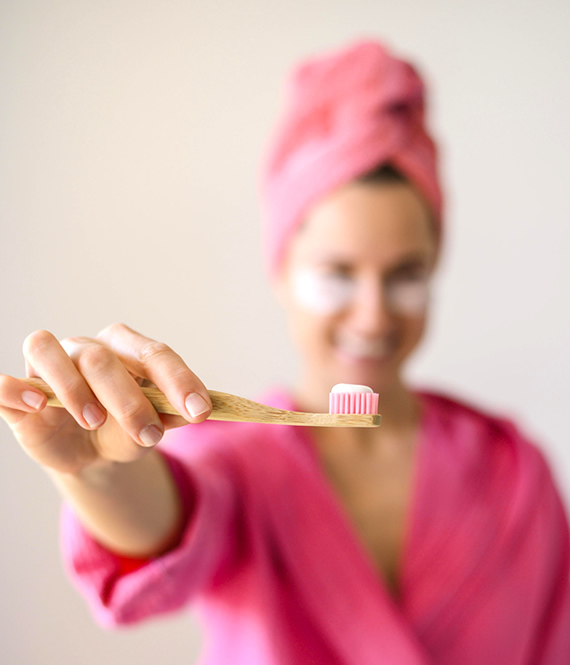

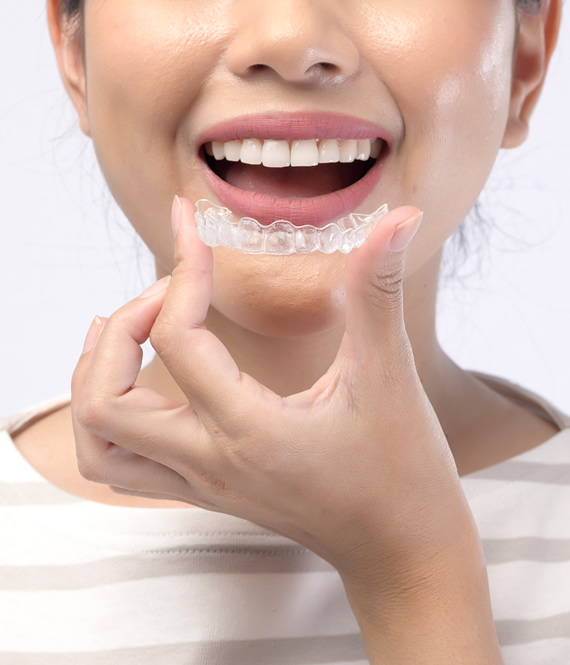
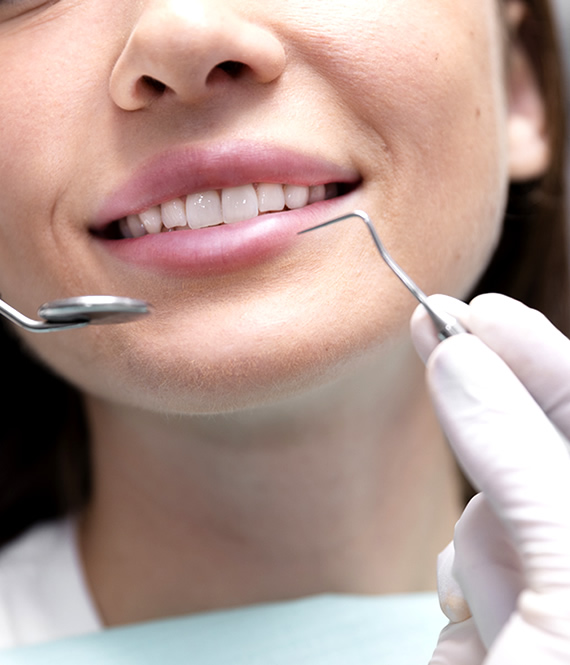
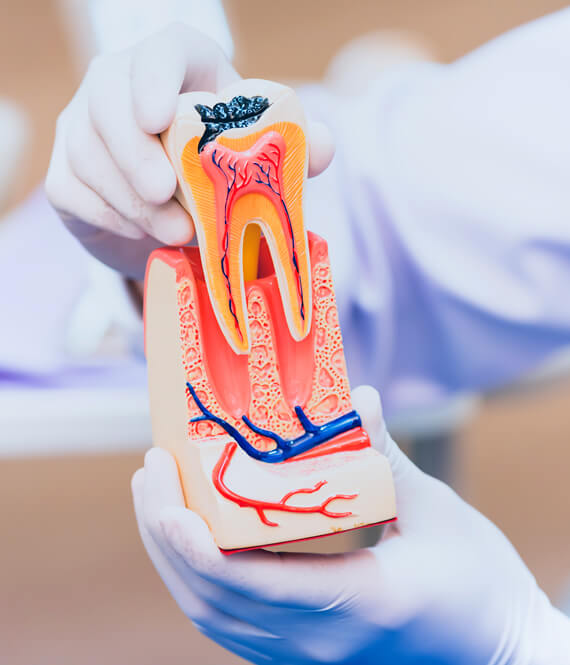


Leave a Comment